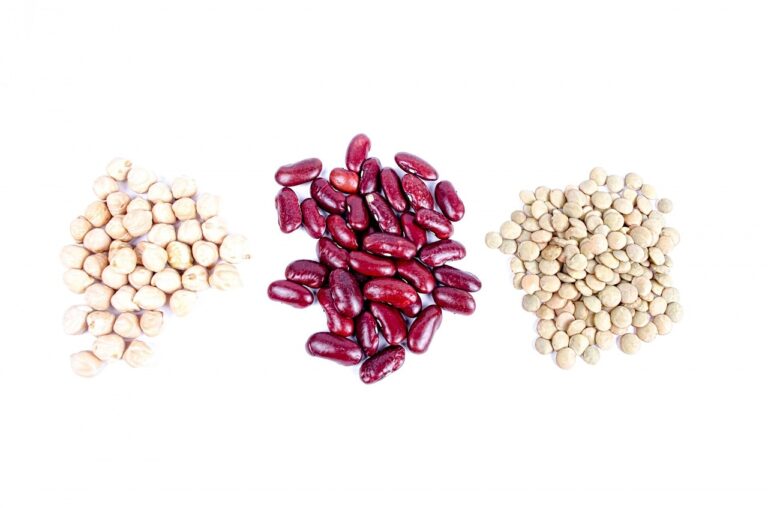Exploring the Link Between Nutrition and Mental Health
Diet plays a crucial role in influencing mental health outcomes. Research suggests that a diet rich in whole foods, such as fruits, vegetables, whole grains, and lean proteins, can have a positive impact on mental well-being. On the other hand, diets high in processed foods, sugar, and saturated fats have been linked to an increased risk of mental health disorders like depression and anxiety.
Furthermore, the balance of essential nutrients in the diet is integral to maintaining optimal brain function. Nutrients such as omega-3 fatty acids, vitamins, minerals, and antioxidants play a key role in supporting cognitive function and mood regulation. Deficiencies in these nutrients have been associated with an increased susceptibility to mental health conditions, highlighting the importance of a well-rounded and nutrient-dense diet in promoting mental wellness.
Understanding the Gut-Brain Connection
Studies have shown that there is a strong connection between the gut and the brain, known as the gut-brain axis. This bidirectional communication system involves various pathways, including the nervous system, immune system, and hormonal system. The gut is home to trillions of microbes that play a crucial role in regulating not only digestion but also influencing brain function and mental health.
Emerging research suggests that the gut microbiota can impact mood, cognition, and behavior. The composition of gut bacteria can influence the production of neurotransmitters like serotonin and dopamine, which are essential for regulating mood and emotions. Furthermore, the gut-brain axis is thought to play a role in conditions such as anxiety, depression, and even neurodegenerative diseases like Alzheimer’s. By understanding and nurturing this intricate connection, we may be able to harness the power of nutrition to support optimal brain health and emotional well-being.
• The gut-brain axis involves the nervous system, immune system, and hormonal system
• Trillions of microbes in the gut play a crucial role in regulating digestion and influencing brain function
• Gut microbiota can impact mood, cognition, and behavior by influencing neurotransmitter production
• The gut-brain axis is thought to play a role in conditions such as anxiety, depression, and neurodegenerative diseases like Alzheimer’s
• Nurturing this connection through nutrition may support optimal brain health and emotional well-being
The Role of Nutrients in Cognitive Function
Various nutrients play a critical role in the optimal functioning of our cognitive abilities. For example, omega-3 fatty acids, commonly found in fish and nuts, have been linked to improved memory and overall brain health. Additionally, antioxidants like vitamin C and E help protect brain cells from damage caused by free radicals.
Moreover, minerals such as iron and zinc are essential for neurotransmitter synthesis and proper brain function. Deficiencies in these nutrients can lead to cognitive impairments and affect mood regulation. It is evident that a well-balanced diet rich in essential nutrients is vital for maintaining cognitive function and overall mental well-being.
How does diet impact mental health?
Diet plays a crucial role in mental health as certain nutrients can affect brain function and neurotransmitter activity.
What is the gut-brain connection?
The gut-brain connection refers to the bidirectional communication between the gut and the brain, where the health of the gut can influence cognitive function and mood.
Which nutrients are important for cognitive function?
Nutrients such as omega-3 fatty acids, antioxidants, vitamins (particularly B vitamins), and minerals like magnesium and zinc are essential for optimal cognitive function.
How can I improve my cognitive function through diet?
You can improve cognitive function by incorporating a balanced diet rich in fruits, vegetables, whole grains, lean proteins, and healthy fats to ensure you are getting all the necessary nutrients for brain health.
Are there specific foods that can boost cognitive function?
Foods like fatty fish (rich in omega-3s), berries (high in antioxidants), leafy greens (good source of B vitamins), nuts and seeds (provide essential minerals), and whole grains can help boost cognitive function.







